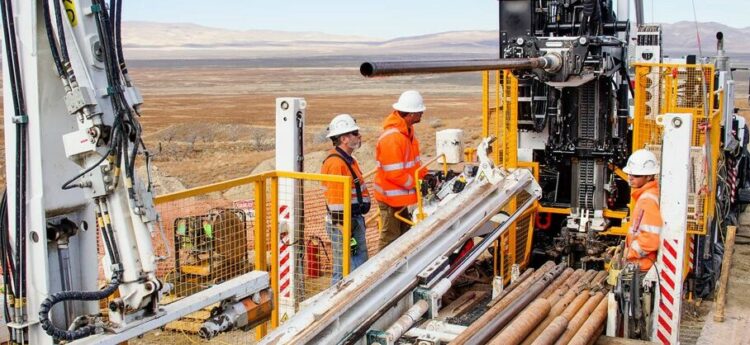
Cost estimate for the network of new deposit return centers in Quebec

The Retail Council of Canada, the Association des détaillants en alimentation du Québec (Quebec Food Retail Association), with financial support from Recyc-Québec have retained the services of Aviseo in the evaluation of the implementation and operating costs of the future deposit return system, following the inclusion of additional containers to the Quebec return scheme.
This report aims to estimate the initial investments and operating costs associated with implementing new collecting points throughout Quebec. Additionally, implementation challenges have been listed and integrated into a transition plan so as to estimate time and effort required.
Several findings have been established, among them being the fact that the geographic and demographic realities of Quebec will greatly influence the network to be implemented. Consequently, the collection points will be spread across large areas both within and outside of city centres. They are to be placed within a reasonable distance from the Quebec populace at fewer than ten minutes driving distance from 90% of the population.
Key findings :
- The number of deposited containers could triple between 2020 and 2030. Beyond a normal increase in consumption of containers already subject to the current scheme, the rest of the growth will be explained by the addition of new deposited containers
Collecting points automation should allow the network to optimally work by addressing identified challenges such as workforce rarity, fraud management and the necessity for connecting equipment so as to plan containers collection and maintenance of collecting points - A key success factor for the system will be balancing collection capacity and container pickup frequency at each collection point. As a matter of fact, collection points with too small of a storage capacity would require trucks to visit too often for pickup. Green house gases emissions would then increase, though this calculation is out of the scope of this study.
- Inversely, collection points with too large a storage capacity would see their ground footprint to be too wide. That would lead to space and cost issues, particularly in city centres where space is limited and thus more expensive
- Before implementing the new network, governance and administrative issues should be addressed. Both implementation governance as well as collection point operators need to be defined. In addition, it is highly likely that municipal authorization would be required for collection points
- With the scale of the network to be implemented across the province of Quebec, it is not realistic to wait for all collection points to be installed before beginning the collect. In order to reach collection targets while simultaneously taking into account the capacity of collection equipment providers, the opening of the network could happen alongside the implementation. This progressive opening should follow the needs and capacity of the network in order to offer an optimized customer experience
- The complexity of the network to be implemented could cost as much as $1 billion in initial investments.
Divided into five complementary chapters, along with an executive summary and a conclusion, this document was written to guide stakeholders of the new deposit return system through the number of efforts to be deployed.
Please note this publication is only issued in French.
Insights
See more publications
